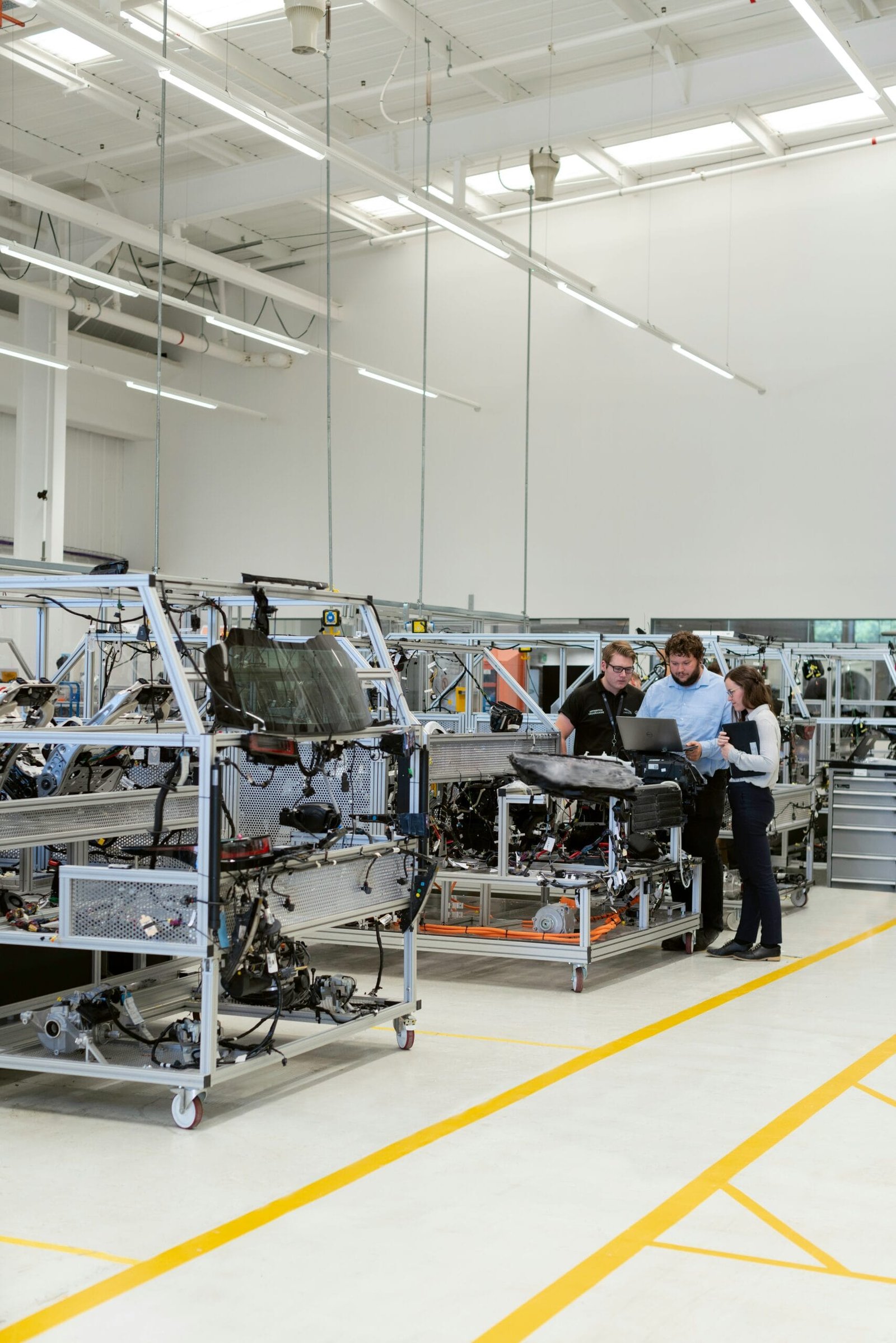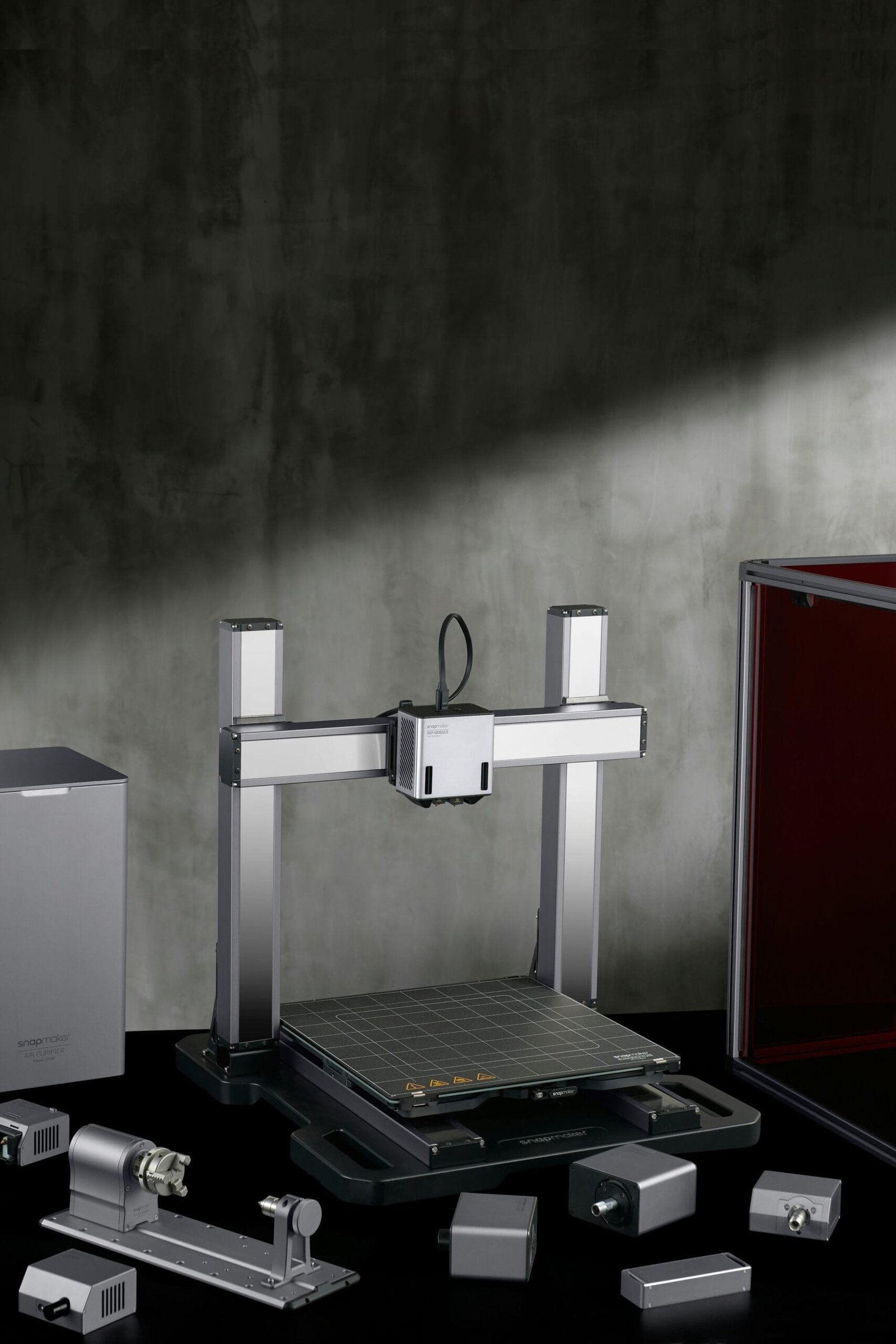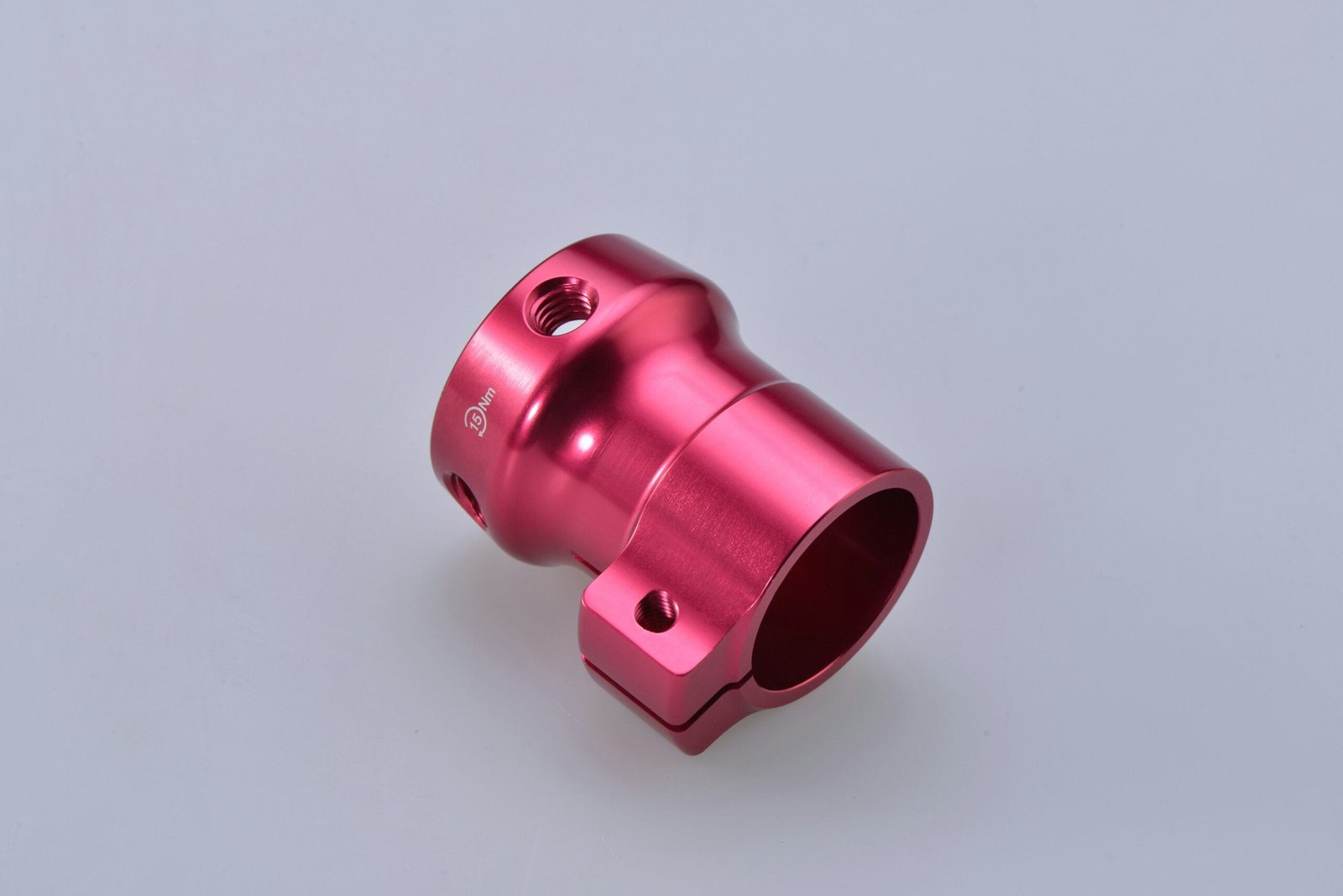Introduction to Fabrication
Fabrication refers to the process of creating components by assembling raw materials. This versatile methodology is prevalent across various industries, from manufacturing to construction. By utilizing techniques such as welding, machining, and assembling, fabricators can transform raw materials into usable products.
Importance of Fabrication Technologies
The realm of fabrication is continuously evolving, driven by advancements in technology. These innovations improve efficiency, accuracy, and reduce costs. Modern fabrication technologies, such as computer-aided design (CAD) and automation, ensure that projects can be completed more swiftly and with enhanced precision. Whether it’s metal fabrication or custom machining, the application of technology plays a crucial role in achieving high quality and meeting industry standards.
Future Trends in Fabrication
As we look to the future, the trends in fabrication and its technologies are promising. The integration of 3D printing, for instance, is revolutionizing the field by allowing for rapid prototyping and complex component creation. Moreover, the use of robotics in fabrication processes is set to increase, leading to greater efficiency and safety. Fabricators must stay abreast of these developments to leverage benefits that may position them ahead of competitors.




